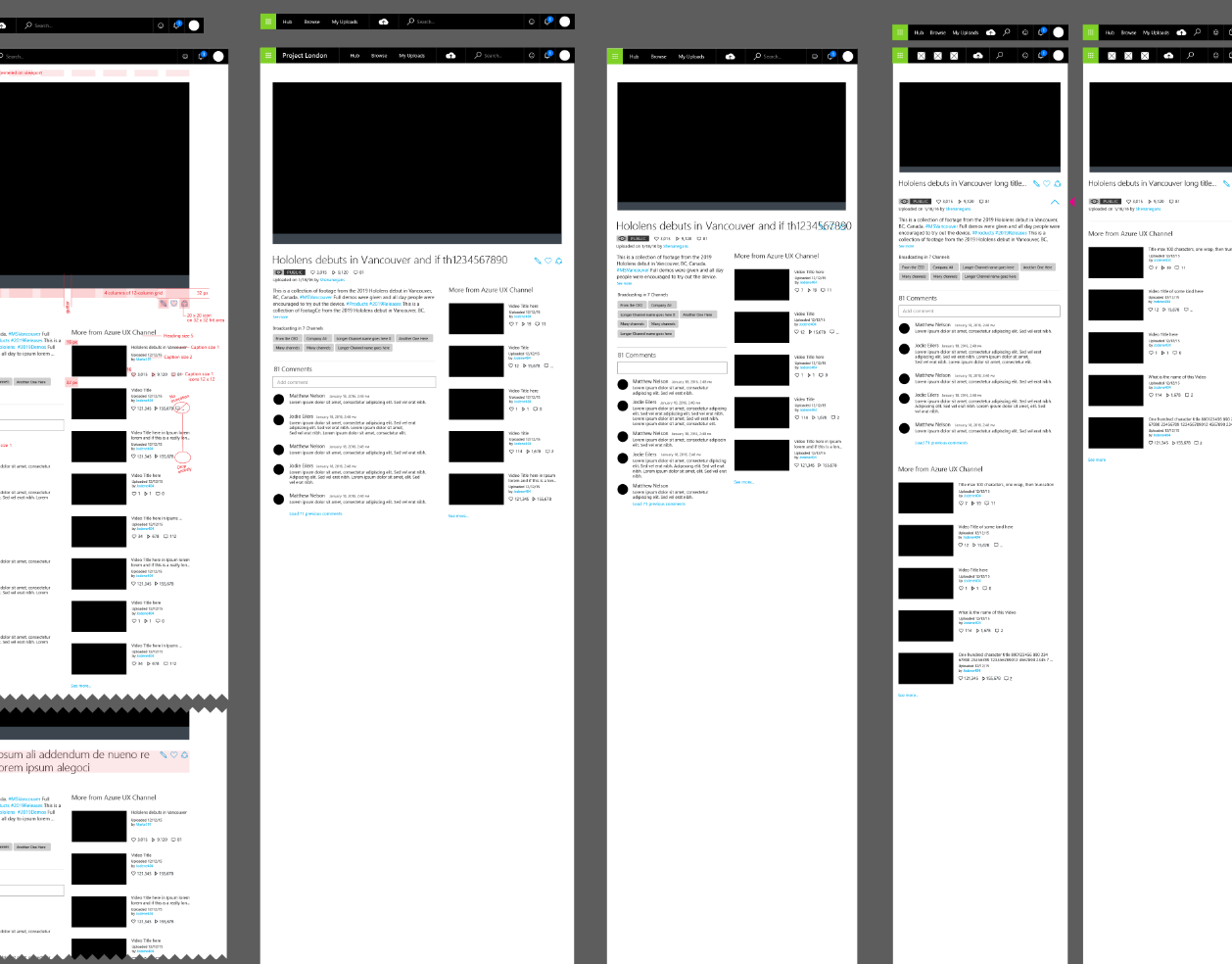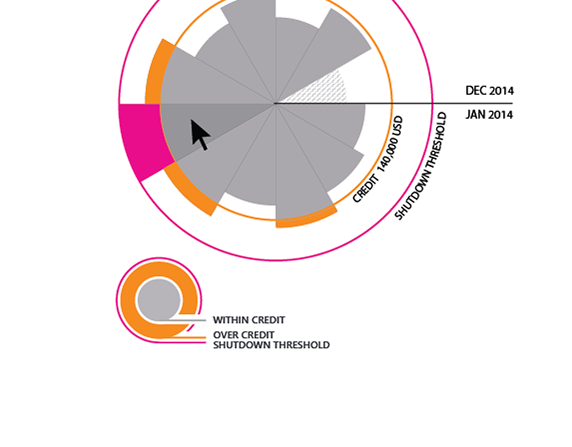Creative Direction / Graphic Design / Production
My role: I was the design lead on the first three campaigns, involved with every step from concept to production. For the subsequent campaigns I was the sole designer involved.
In 2008 King County Health had a series of awareness campaigns they wanted to develop to communicate with the Ryan White AIDS Foundation patients and demographic. Ryan White AIDS Foundation addresses unmet health and social service needs of low-income persons living with HIV. All 'Part A' funded programs in King County participated in the campaigns, along with most private HIV care providers in King County, several 'Part B' funded case management programs outside King County, and all 'Part C' HIV clinics throughout the State of Washington.
The great challenge came with actually reaching the demographic, the majority of whom we could not assume would have computers or smartphones. The demographic was overwhelmingly minority, heavily male, with a significant percentage being homeless. The most reliable place to reach them was in the offices of their health providers, so we created a range of collateral, including posters, ID lanyards, pins, information cards, and magnets that supplied the clinic staff and doctors with the means to generate interest and initiate important discussions.
Produced a range of collateral for providers and patients in both English and Spanish.
Above: palette and cohesion: It was very important that, as an ongoing outreach, the campaigns have a cohesive style that would become familiar to the demographic (developing recognition and validity) and that the campaigns look attractive together (they were often hung together in health-provider's offices). The color scheme gains more power and attention the more campaigns are released and the more materials are placed together as a set.
Below, campaign 1: "What‘s Your Score? Stay in the game. Talk to your provider. Know your CD4 and Viral Load test results." — This campaign encouraged the demographic to get their CD4 and Viral load tests so they could be more informed and thus better able to manage their health. These tests are difficult for many patients to get because they, essentially, give a snapshot of how sick they are. Many patients would rather not know. We used a sports scoreboard analogy and the line "stay in the game" to give it a more positive spin and illustrate the power the patient has to fight back just by knowing the test scores.
Below: campaign 2: "Everyday Adherence. If you skip your pills, HIV can mutate. Don't give it the chance. Talk to your provider." Some of the campaigns served almost more as teaching mechanisms than straightforward awareness, and presented interesting challenges. For instance, on this campaign: How do you both say that they need to take their anti-viral medication as prescribed and explain why in a way that the information has enough weight to inspire responsibility. And how do you explain all this in incredibly short phrases in basic, uneducated terms. Even here with this effective phrasing a leap is left out (due to space constraints on the poster) connecting the mutation with medication no longer working. Longer copy was utilized on the back of information cards.
Below, campaign 3: "Are You Covered? Don‘t let your EIP expire. Renew every year. Talk to your case manager." — Reminded the target demographic to file their annual paperwork so there would be no gap in their health coverage.
Below, campaign 4: "How's Your Cervix? Women with HIV are at a greater risk of HPV & cervical cancer. Get a PAP smear every year. Talk to your provider." — The instances of cervical cancer in this demographic with depressed immune systems is very high, and the willingness of women among many minority communities to get annual paps is quite low. This campaign was meant to initiate a dialog between the clinic staff and the patients about the importance of those annual checkups.
Below, campaign 5: "How Much is Too Much? Staying healthy with HIV can be tough. Too much alcohol can make it tougher. What's too much? Talk to your provider." — Alcohol abuse can lead to all kinds of complications, particularly for people already managing HIV/AIDS, and sadly can become a very negative self-medicating technique for low income people to try to cope with symptoms of the disease, both physical and psychological. This campaign needed to be completely non-judgmental, removed of any cultural bias, and allow for the objective discussion of how much alcohol a patient could safely consume, if any.



















